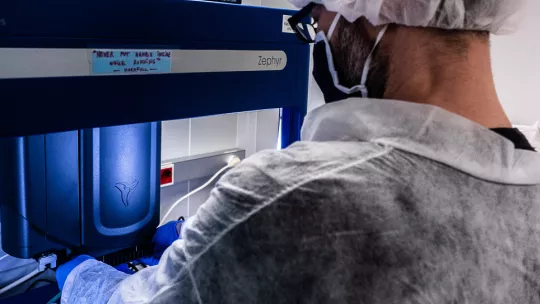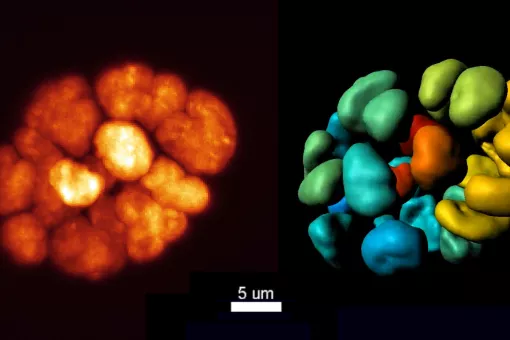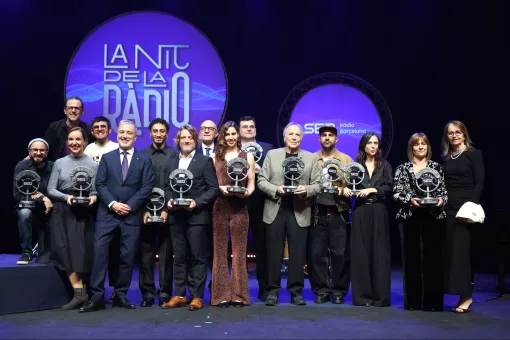Images
The Center for Genomic Regulation (CRG), the National Center for Genomic Analysis (CNAG-CRG), part of CRG, the Institute for Research in Biomedicine (IRB Barcelona) and the Institute for Bioengineering of Catalonia (IBEC) have analysed more than 20,000 samples to date using the PCR technique. In this regard, 17,547 samples have been tested at the CRG node and 5,248 at the PCB node.
The analyses are part of the Orfeu Programme, the mass screening initiative driven by the Government of Catalonia. As of today, the public health system in Catalonia can carry out up to 17,000 PCR tests every day. This number does not include the capacity of the Orfeu Programme, which can process up to 4,000 samples per day.
Every day, samples are processed in two mass screening nodes. That at the Barcelona Biomedical Research Park (PRBB) is coordinated by CRG, while the other, at the Barcelona Science Park (PCB), is jointly coordinated by IRB Barcelona, IBEC and CNAG-CRG.
The two nodes are using the quantitative real-time PCR (RT-PCR) technique to identify the presence of coronavirus genetic material in samples. Using this technique, the new coronavirus can be detected with high reliability in infected people, including asymptomatic individuals. These nodes are thus helping the health system to detect those carrying the infection and contributing to government decision-making for measures seeking to lift the lockdown.
"The research centres have made an enormous effort to get these mass detection platforms up and running and it is a reflection of our commitment to society," explains Francesc Posas, director of IRB Barcelona. "In the coming weeks, we will be able to return to our usual scientific activity, which focuses on combating diseases such as cancer or diabetes."
"The Orfeu Programme has been a big challenge, as it has required unprecedented collaboration between the healthcare and research system to develop a fast-paced logistical chain," says Luis Serrano, director of CRG. "It was worth it. The programme is an essential investment to determine those people who are infected, even though they might not have symptoms of coronavirus. This knowledge is crucial for unlocking the next phases of de-escalation of the lockdown and returning to a new normal."
"The Orfeu Programme has shown both the spirit of personal commitment of the many volunteers willing from day one to get involved in this initiative and the capacity for collaboration and joint effort between technical staff, researchers and centres to achieve maximum efficiency," emphasises Josep Samitier, director of IBEC. "At IBEC, we have taken on this translational activity, complementary to the research activity related to COVID-19, as part of our commitment to society".
The COVID-19 mass screening platforms at the research centres have been supported by companies such as Tecan, Almirall, Eppendorf and Esteve, which have provided critical equipment to allow the optimisation of the programme.
About IRB Barcelona
The Institute for Research in Biomedicine (IRB Barcelona) pursues a society free of disease. To this end, it conducts multidisciplinary research of excellence to cure cancer and other diseases linked to ageing. It establishes technology transfer agreements with the pharmaceutical industry and major hospitals to bring research results closer to society, and organises a range of science outreach activities to engage the public in an open dialogue. IRB Barcelona is an international centre that hosts 400 researchers and more than 30 nationalities. Recognised as a Severo Ochoa Centre of Excellence since 2011, IRB Barcelona is a CERCA centre and member of the Barcelona Institute of Science and Technology (BIST).





